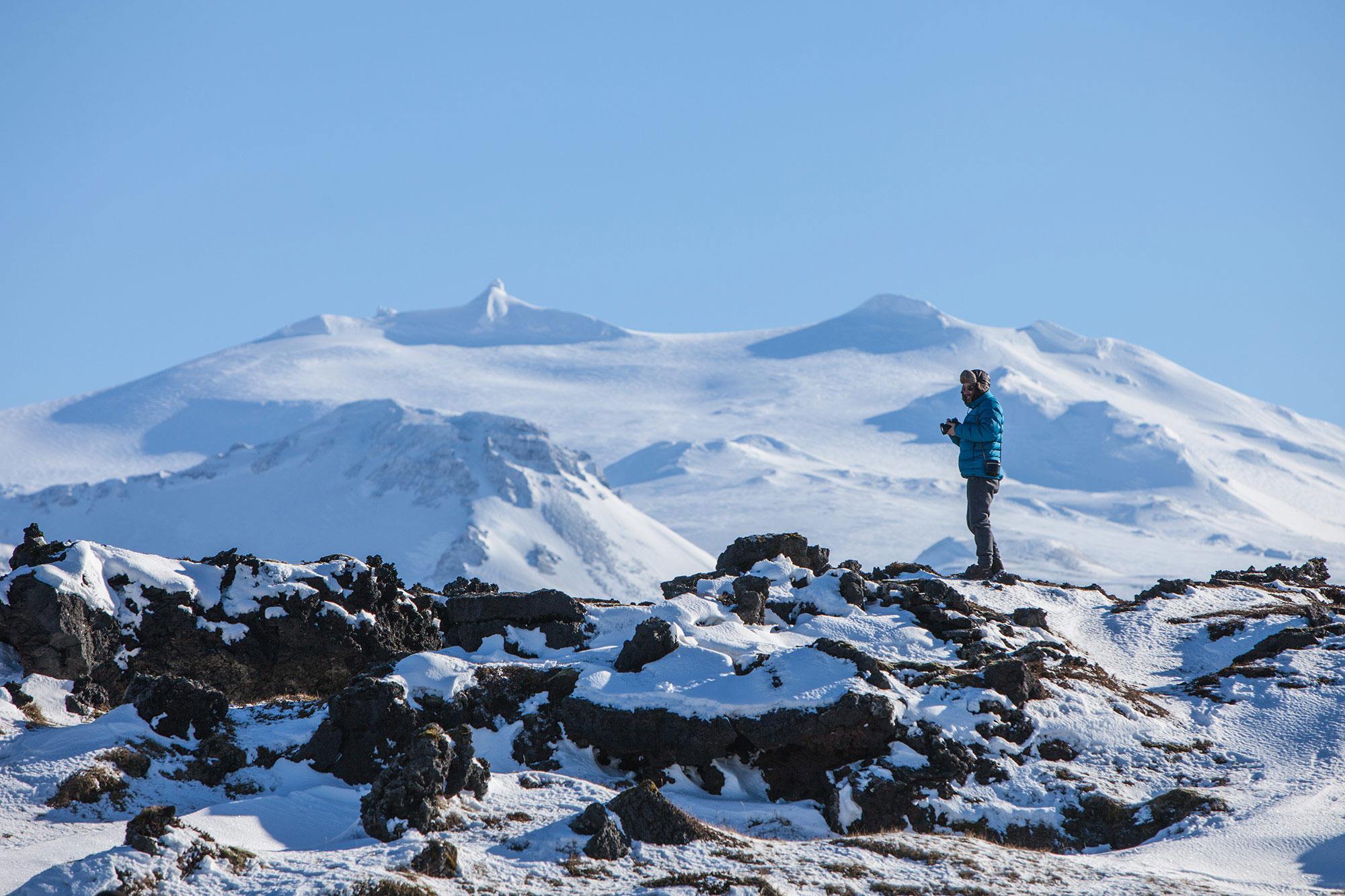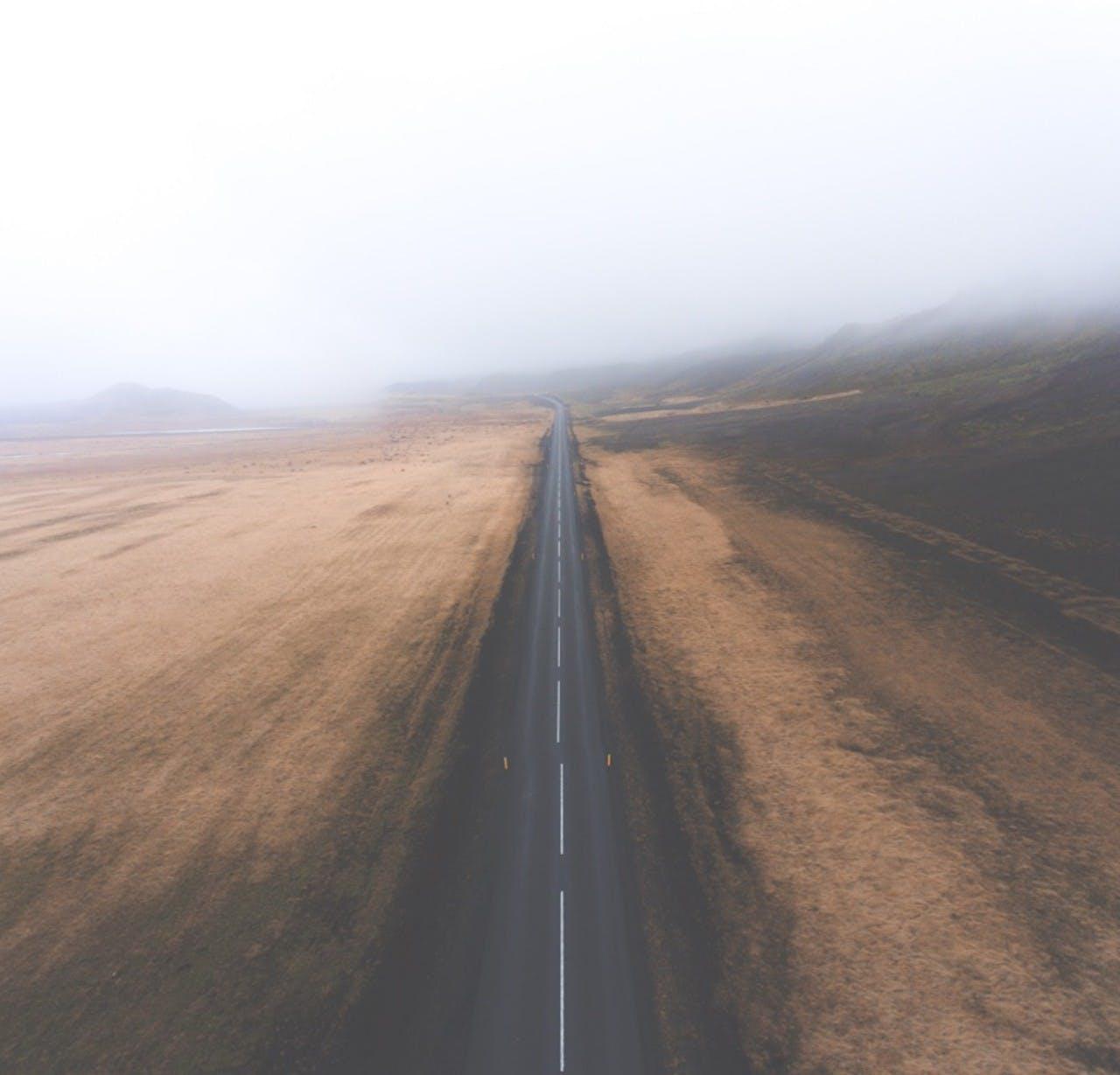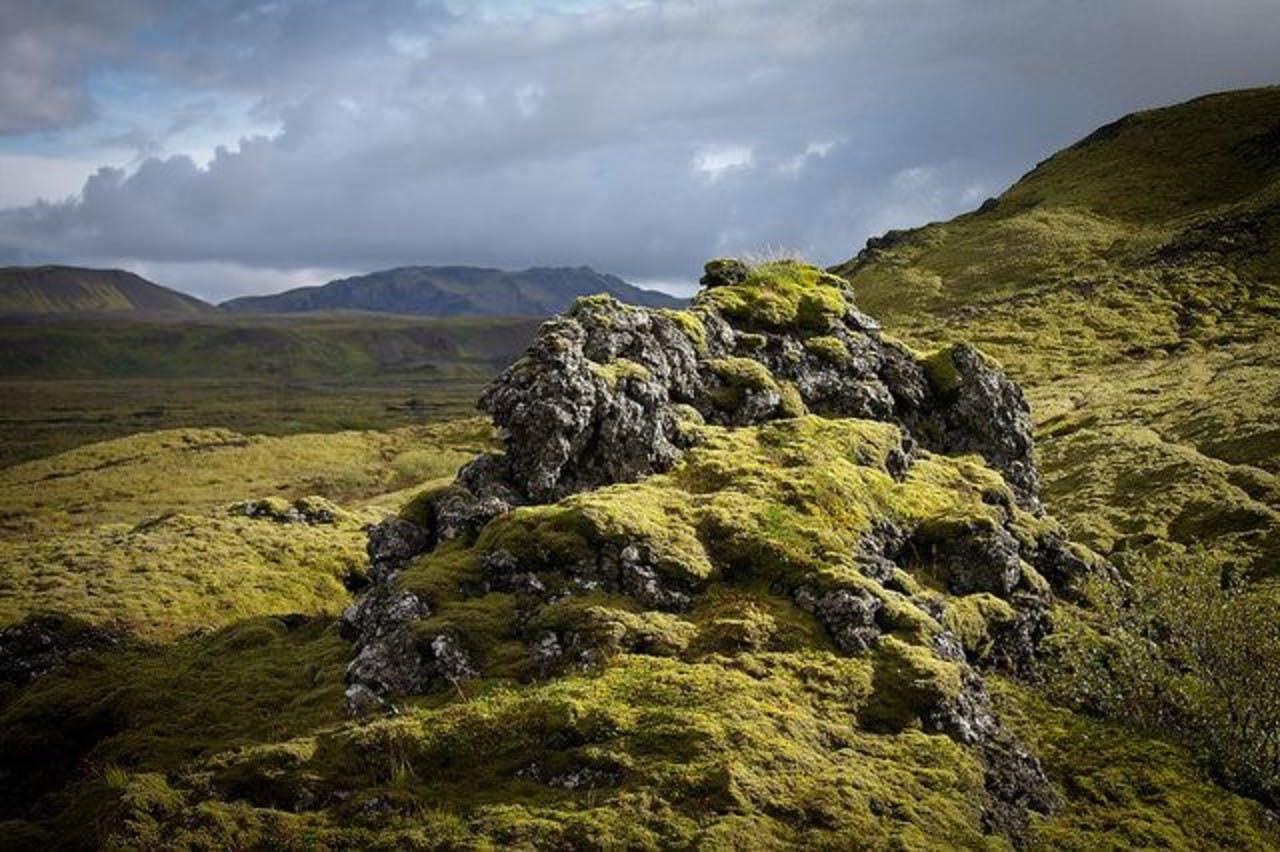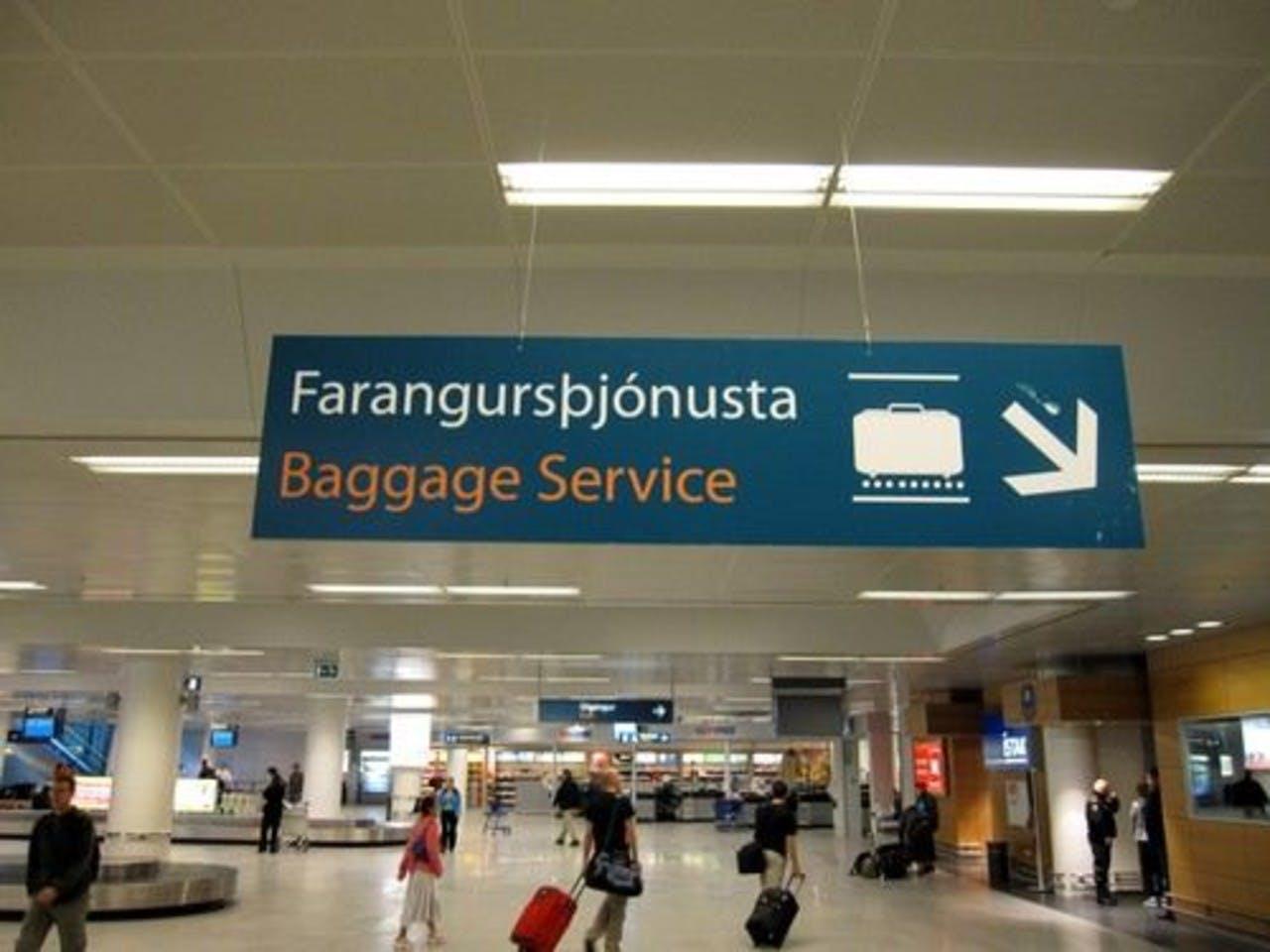How to be a Responsible Tourist in Iceland
| All, Travel Guide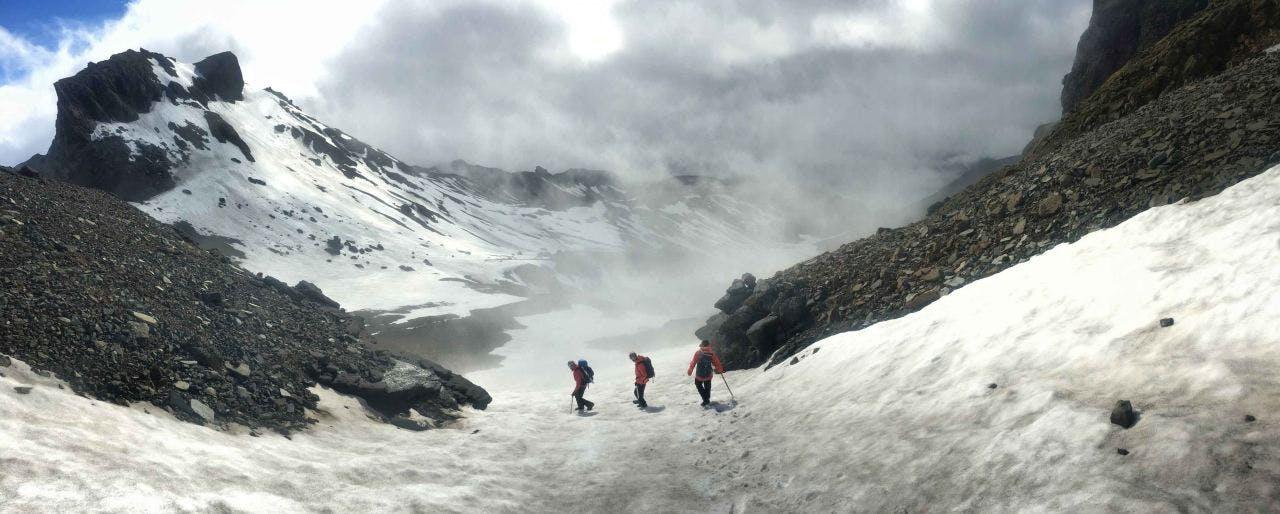
Before we say anything else, we want you to have a wonderful time in Iceland. We want you to feel the invigorating wind and experience the awesome, raw nature. We want Iceland to move you, deeply.. This post should point you in the right direction of being a responsible tourist in Iceland.
As the number of visitors to iceland continues to grow, it is important that we draw people’s attention to some things that they may not have thought about, issues which are not issues back home, or common practices when travelling that quite simply don’t apply to Iceland.
The Leave No Trace Centre for Outdoor Ethics put forward Seven Principles which serve guide people to navigate their way in the outdoors in an environmentally friendly manner. However, because Iceland is a special and different place, we took the seven principles and modified them slightly (even adding an eigth) to make them better suited to Iceland.
1. Travel on Designated Paths
The outdoors are meant to be enjoyed. Any human footprint in the outdoors is likely to bring about some damage to fragile landscapes. Establishing a designated walking trail and hiking path strikes a balance between getting people outdoors and containing damage done by many feet.
Even hiking trails need maintenance though, which is why Icelandic Mountain Guides has an Environmental Policy which we abide by and established an Environmental Fund to maintain Iceland’s busiest hiking trail, the Laugavegur between Landmannalaugar and Thorsmork as well as allocating funds to other environmental projects around Iceland.
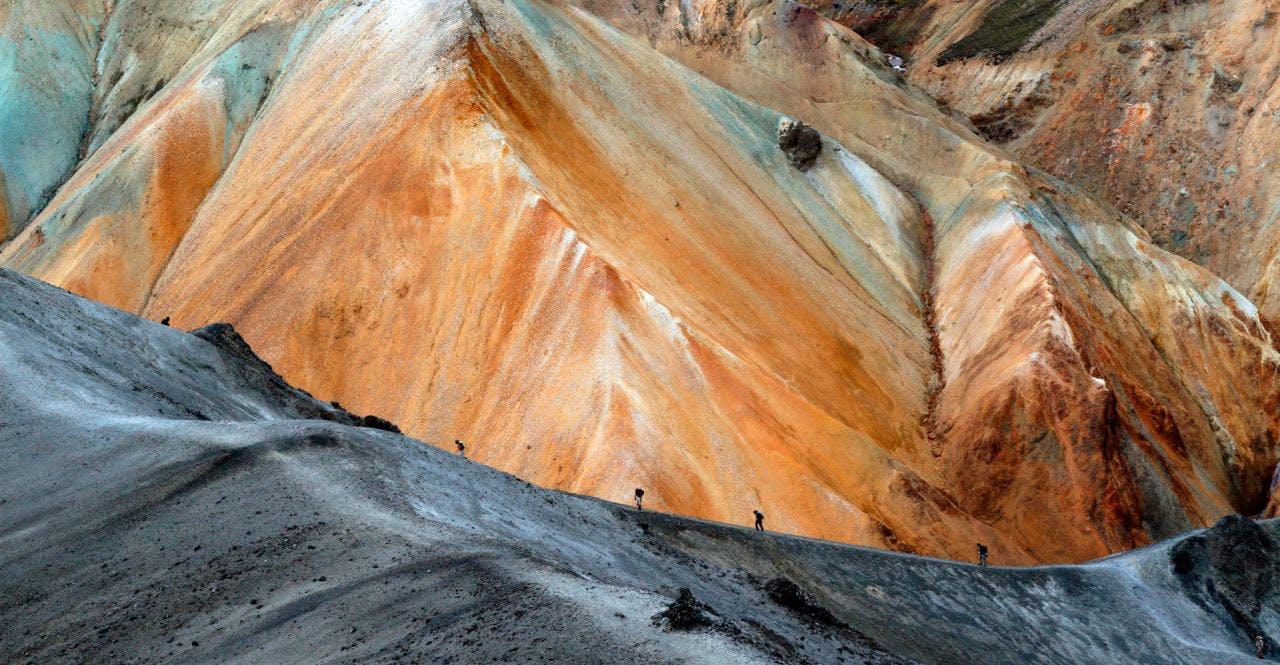
2. Use Designated Camp Grounds
For a similar reason to number 1, using designated campgrounds reduces the footprint associated with setting up camp. If camps can be contained, then less ground will be damaged and the right ground will be used. Campgrounds in Iceland are excellent, even in the Highlands and almost always offer basic facilities.
3. Leave What You Find
This one is pretty self-explanatory. Leave nothing but footprints, take nothing but photographs, maybe a video or two.
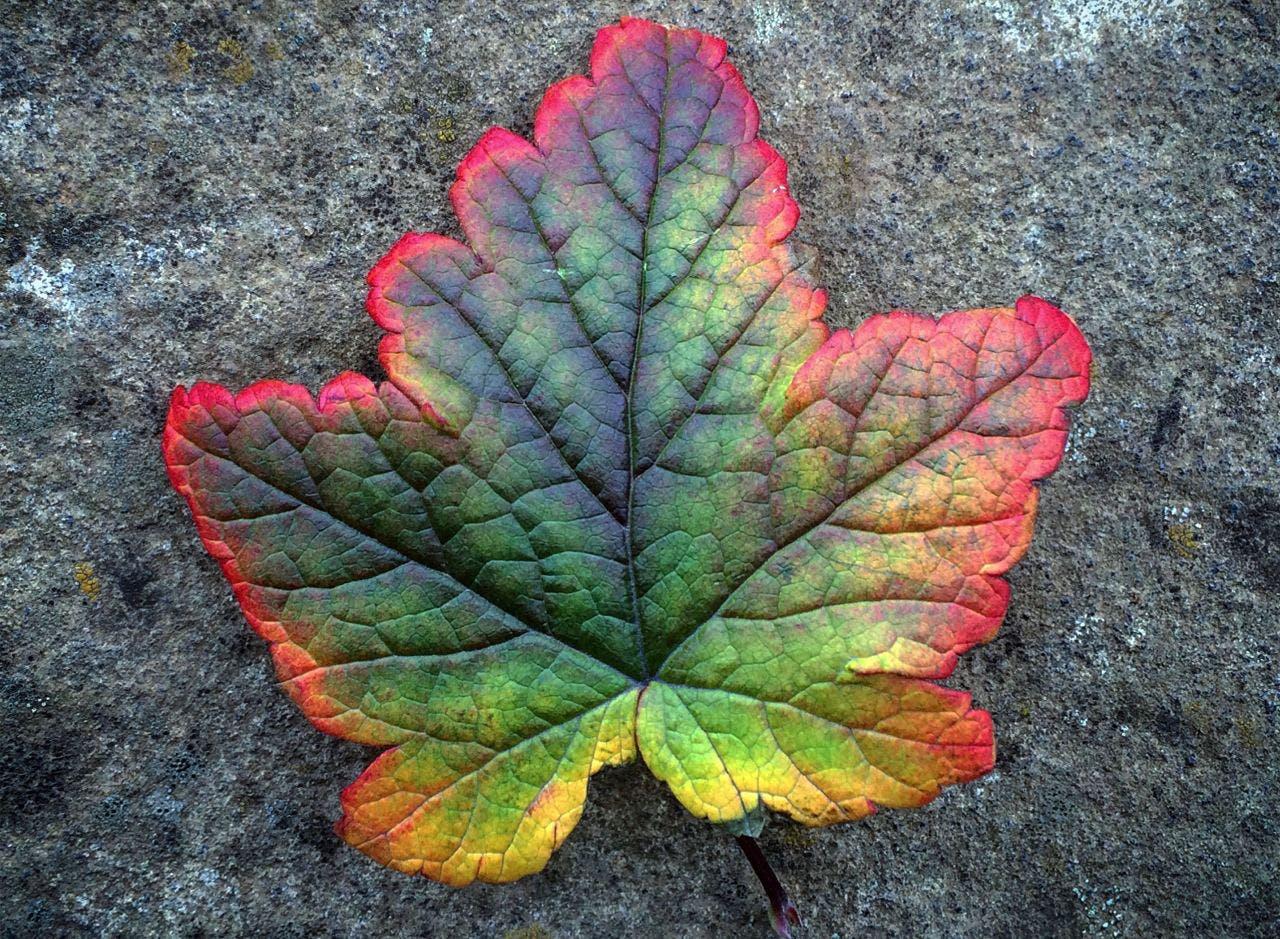
4. No off-road Driving
Where one set of footsteps go, thousands will follow. This is problematic enough for feet, can you imagine for a set of four tires?
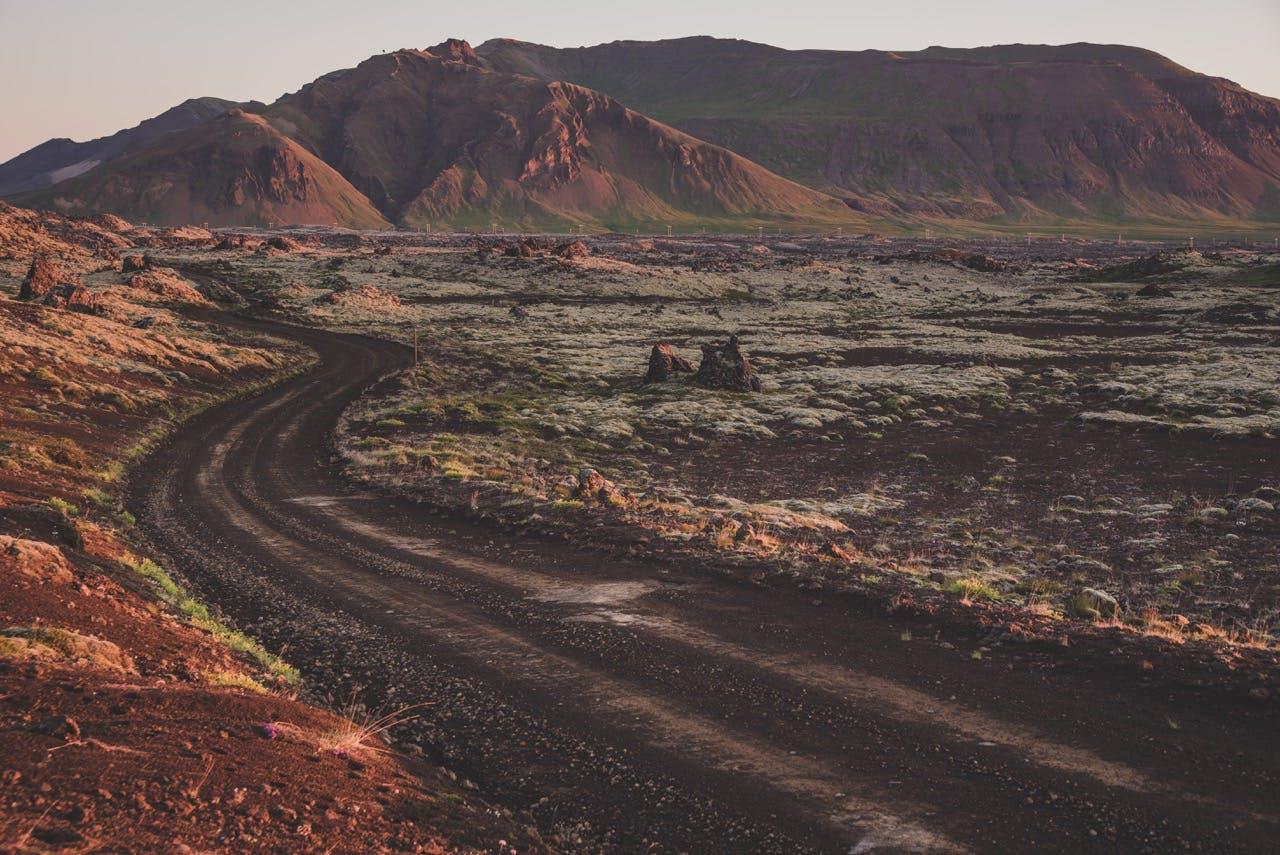
Given, many roads in Iceland can, by many people’s standards, barely be defined as roads. But they are all roads and all of them are signposted. Driving off-road is not only illegal but highly detrimental to the land, which never recovers in the worst case, or very, very slowly in the best. You might see some tracks, they are likely to be private tracks made by farmers on their private land, don't go down them.
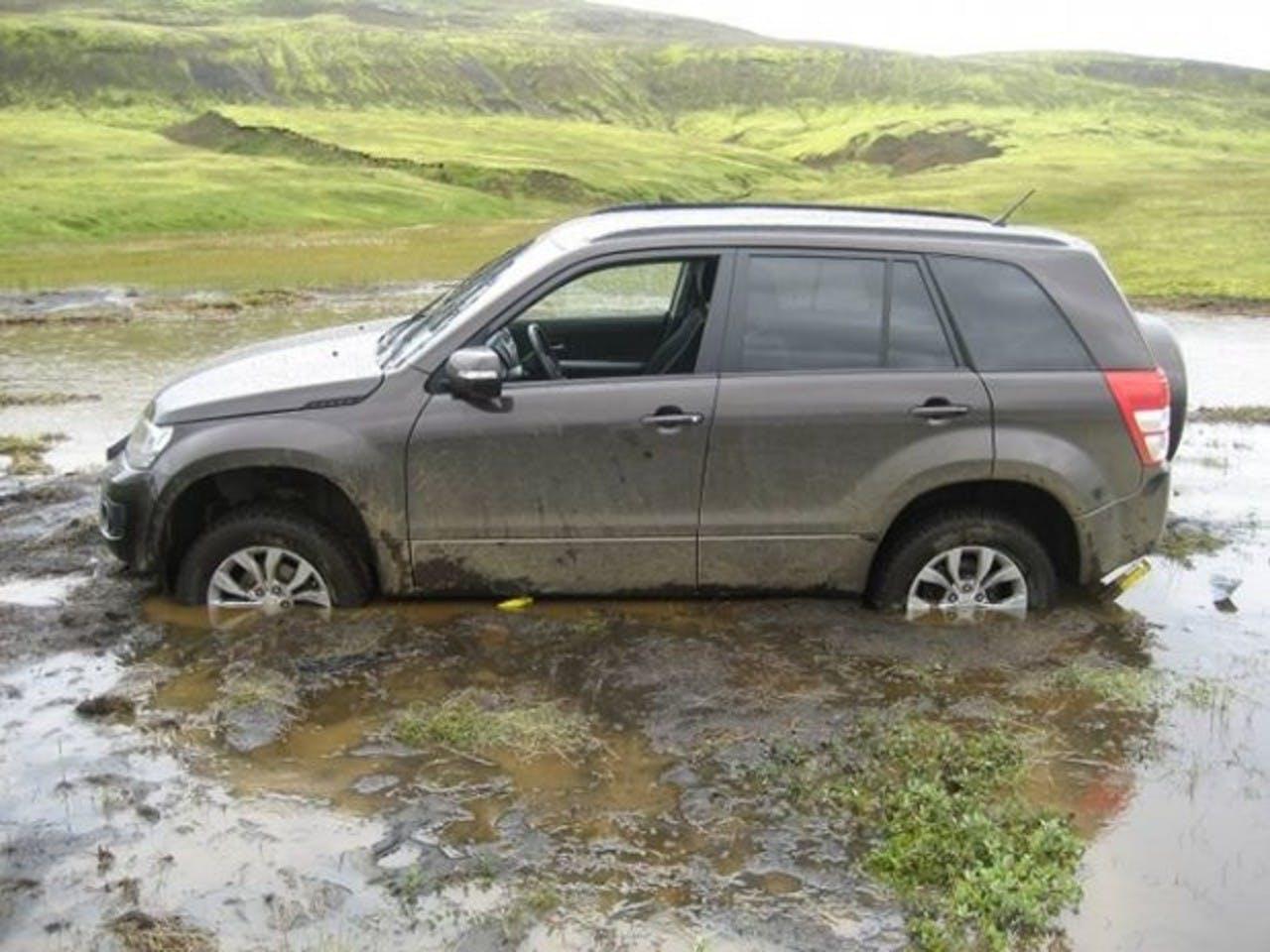
5. Dispose of Waste Properly
Is there anything more unsightly than a landscape littered with waste? We think not. For a country as sparsely populated as Iceland, the infrastructure is impressive. However, even Iceland has it’s limits, especially in the Highlands. If you travel to the Highlands, everything that is brought in should be taken back out. How did it all get there in the first place? Empty plastic food containers are pretty lightweight right after you have eaten the contents, right? And when you get them back to town, recycle them! Responsible tourists in Iceland recycle.
6. Respect Wildlife and farm animals
Iceland’s landscape is fragile, so are it's animals, even the domesticated ones. Sheep are skittish, horses are tame and curious. Under no circumstances should animals in Iceland be fed. Leave this to the farmers, they know what they should be feeding their livestock better than us, right?
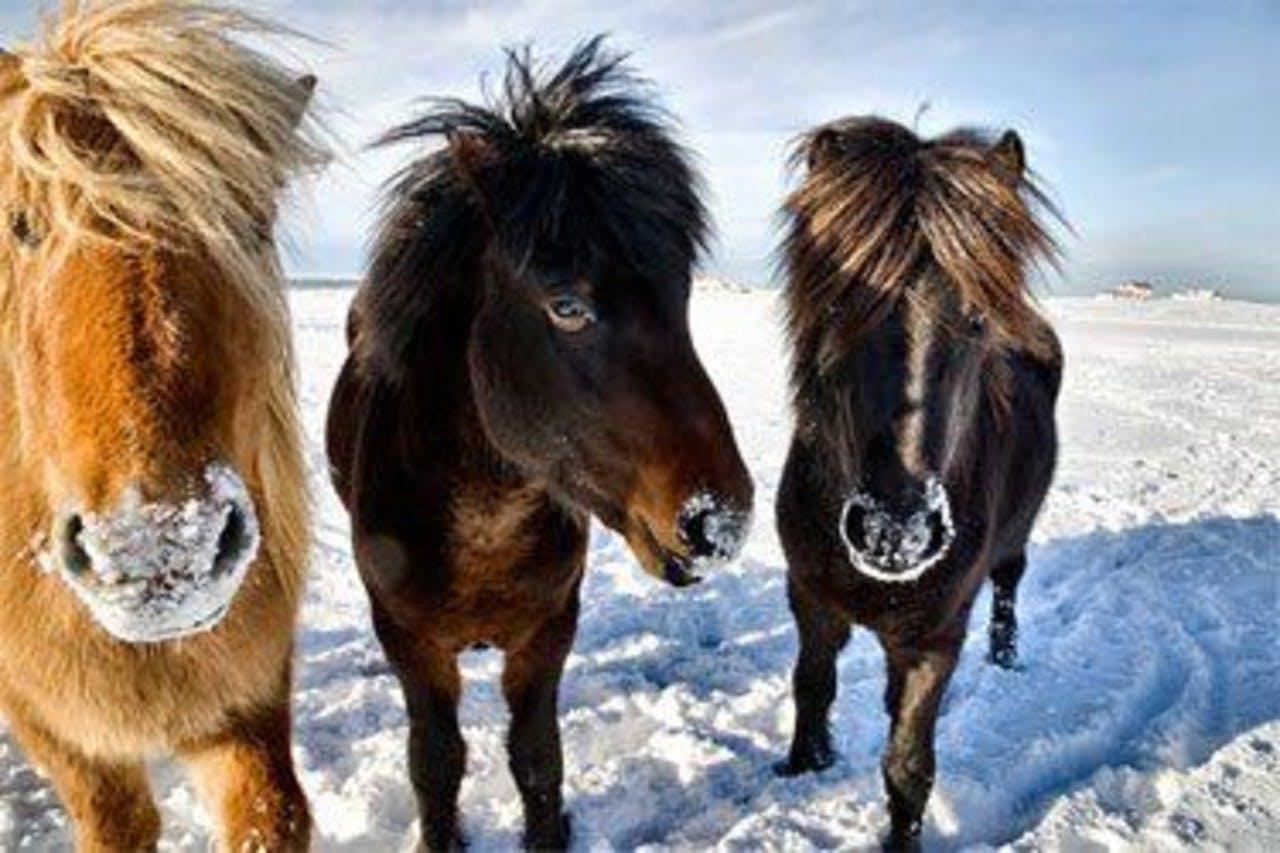
7. Be Considerate of Others
Last but not least, when you are enjoying the great outdoors, lots of other people are too. Be courteous, say hi to the people on the trail, on the mountain, ask them how the going is, offer advice, and most importantly, smile. It’s wonderful to be out there and almost everybody feels the same!
8. Don't buy bottled still water
Lastly, we want to add an unofficial 8th principle, not part of the list: don’t buy bottled still water in Iceland! Tap water is delicious and just the same as the stuff in bottles. This is not true in many places, but in Iceland it is!
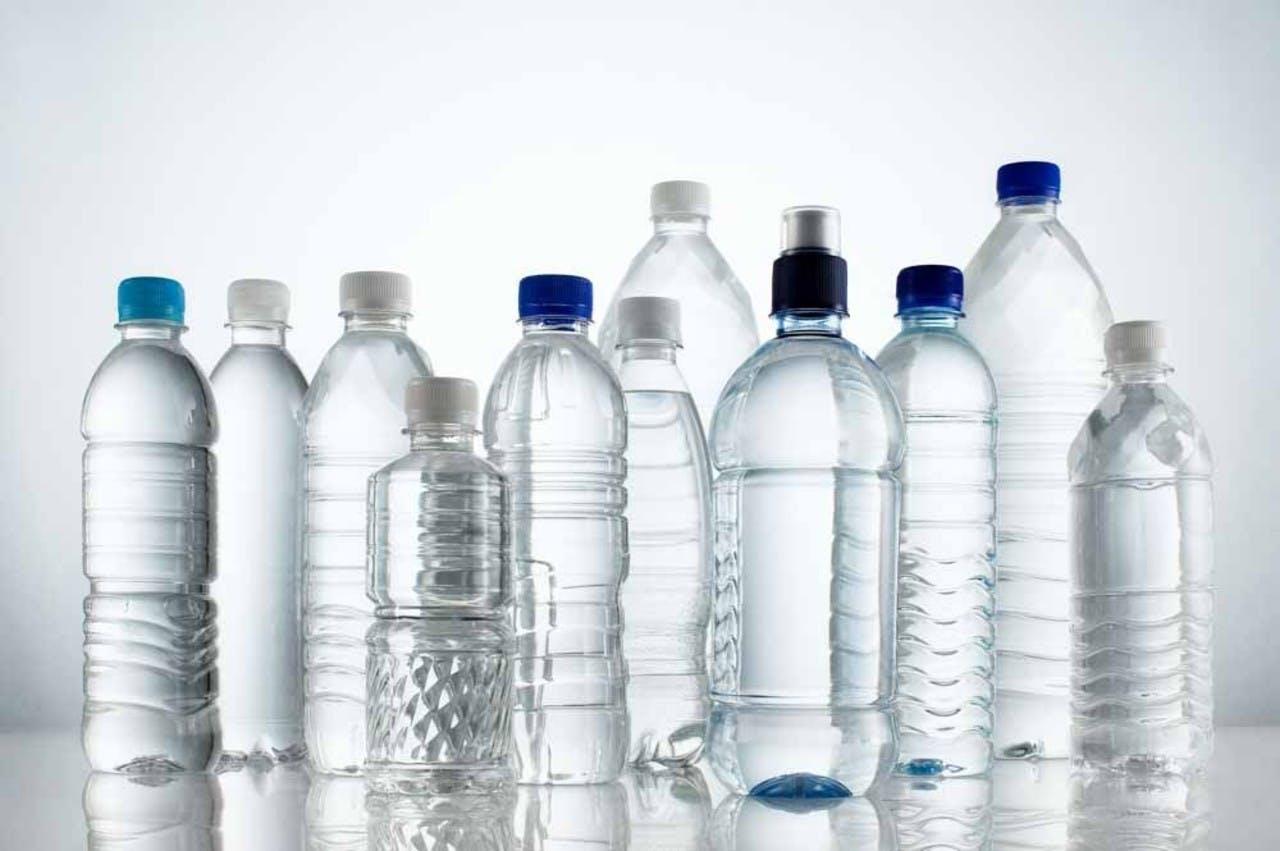
Icelandic Mountain Guides upholds these principles deep within us, believing that if we all work together and each do our own part, we can be responsible tourists in Iceland, and protect the outdoors for future generations. Browse our range of tours all over Iceland, and travel with a company that takes care and takes pride in being Iceland's most awarded adventure travel company.
Keep me informed about the Icelandic Mountain Guides Blog
Outdoor adventure in Iceland is our specialty. Subscribe to our free monthly newsletter to learn when to go, what to do and where to have the best adventures in Iceland.
Related Blog Posts
Related Tours
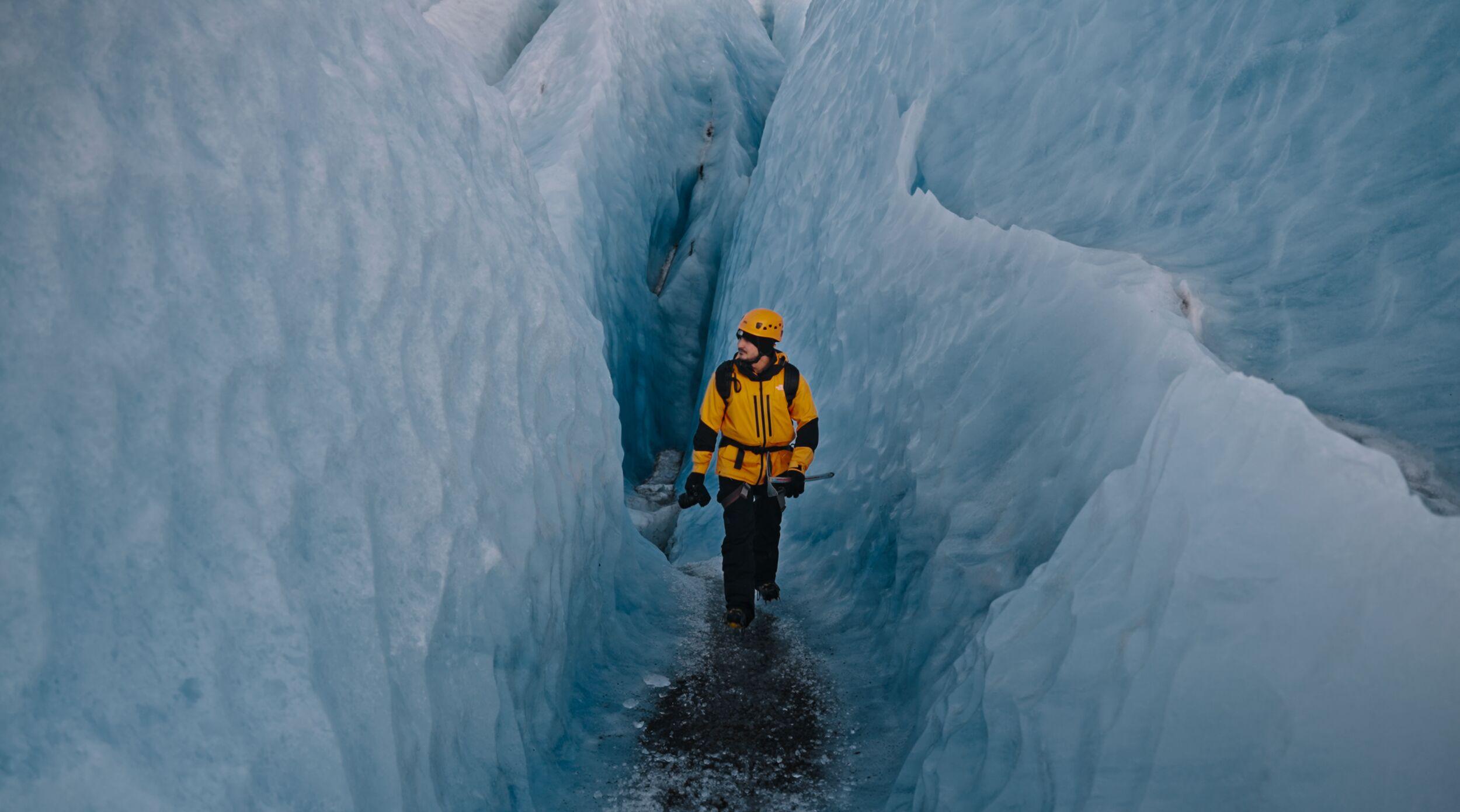
Blue Ice Experience - 3.5-hour Skaftafell Glacier Hike
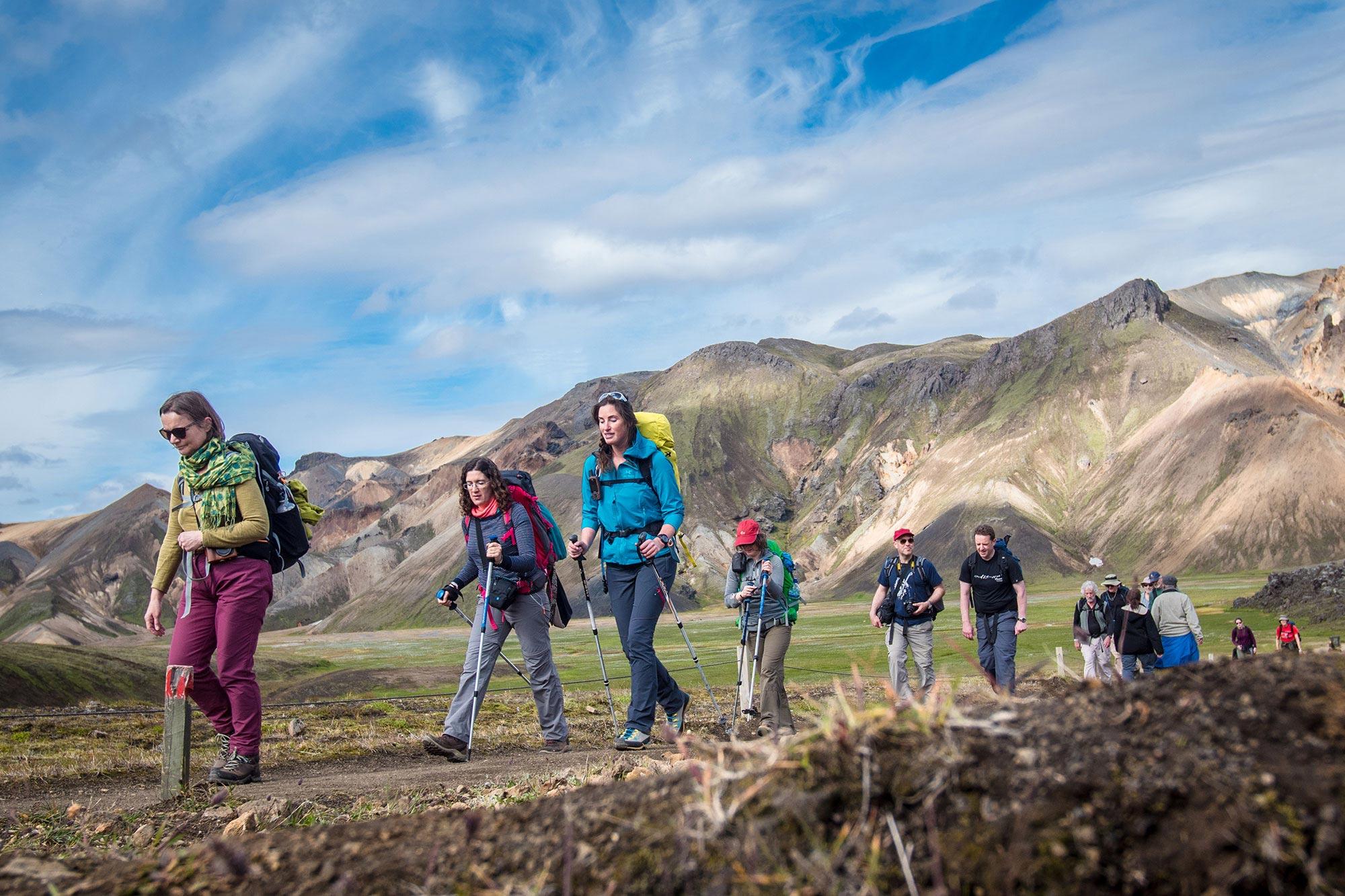
Laugavegur Trek Classic (Huts)
